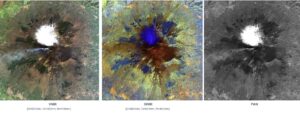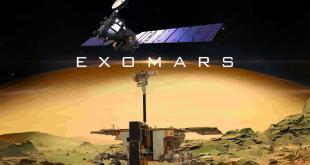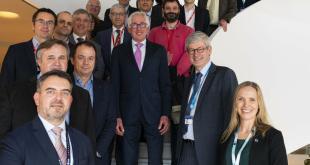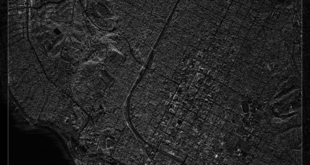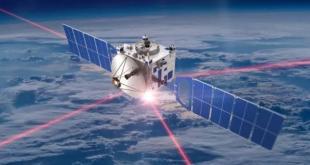Edinburgh / Rome, 22 February 2022. – Thales Alenia Space signed a contract with the Italian Space Agency (ASI) to conduct a feasibility study for the PRISMA Second Generation (PSG) hyperspectral Earth observation system, Thales Alenia said. It will be leading a consortium including Leonardo, Telespazio, e-Geos and Sitael.
The nine-month feasibility study will support the development of applications like the monitoring of natural and atmospheric resources. It will also provide data needed to better manage regional development and environmental risks. PRISMA SG has improved spatial resolution compared to the first-generation PRISMA system, with an enhanced platform and instrument agility. The first PRISMA satellite was equipped with innovative electro-optical instrumentation and was able to work in numerous wavelengths. It was launched to a 620 km high orbit in 2019 for Earth observation purposes.
Thales Alenia Space will be responsible for the system design and building the new satellite. Leonardo will build the payload, while Telespazio will design the PRISMA SG ground segment. e-Geos will conduct market analysis and will also contribute to Leonardo’s user requirement definition.
Sitael will oversee the trade-offs as well as strive to make PRISMA SG an all-electric satellite. The company will study the control unit of the hyperspectral payload to seek ways to speed up development as well as reduce implementation costs.


